Anaxagoras: The philosopher of nous and the infinite divisibility of nature
Anaxagoras of Clazomenae (circa 500–428 BCE) was one of the most innovative and influential figures in pre-Socratic philosophy. His work bridges the naturalistic inquiries of earlier Ionian thinkers and the metaphysical developments of later classical philosophy, particularly in the works of Plato and Aristotle. Anaxagoras is best known for his introduction of nous (mind or intellect) as the organizing principle of the cosmos and his theory of infinite divisibility, which posits that all things contain portions of every other thing.

Anaxagoras, statue at the Natural History Museum, Vienna. Source: Wikimedia Commonsꜛ (license: CC BY-SA 4.0)
Background and intellectual context
Anaxagoras was born in Clazomenae, a Greek city on the coast of Asia Minor, and later moved to Athens, where he became an influential figure in the intellectual and political life of the city. He is often credited as the first philosopher to bring Ionian natural philosophy to Athens, laying the groundwork for the city’s emergence as a center of philosophical inquiry. Among his students and associates were Pericles, the influential Athenian statesman, and Socrates, who was indirectly influenced by his ideas.
Anaxagoras lived during a period of intense philosophical activity, following the pioneering work of the Milesian school, Pythagorean thought, and Eleatic metaphysics. His philosophy reflects a synthesis of these traditions, addressing the limitations of earlier cosmologies while introducing new concepts that expanded the scope of philosophical inquiry.
Infinite divisibility and the principle of homoiomeries
Anaxagoras’ cosmology is founded on the idea that the universe consists of an infinite number of fundamental particles, which he called homoiomeries (translated as “things of like parts”). According to Anaxagoras, every substance contains portions of every other substance, and these particles are infinitely divisible. For example, a piece of gold contains not only gold particles but also particles of earth, water, and fire. It is the predominance of gold particles that makes the substance appear as gold.
This theory resolves the apparent contradiction between the unity of being, emphasized by Parmenides, and the observable diversity of the natural world. Anaxagoras argued that nothing comes into being or passes away in an absolute sense; instead, change occurs through the mixing and separation of particles. This idea preserves the permanence of fundamental substances while accounting for the transformation and variety observed in nature.
The principle of infinite divisibility also addresses the problem of qualitative change. Anaxagoras explained that the properties of objects arise from the proportions of different particles within them. This theory represents a significant advance in the understanding of material composition, laying the groundwork for later atomic and chemical theories.
The role of nous: Mind as the organizing principle
One of Anaxagoras’ most revolutionary contributions to philosophy is his concept of nous (mind or intellect). Unlike earlier philosophers who attributed cosmic order to material principles or natural forces, Anaxagoras introduced nous as an immaterial, autonomous, and purposeful agent responsible for initiating motion and organizing the cosmos.
Anaxagoras described nous as infinite, self-ruling, and the finest and purest of all things. It is distinct from the particles it governs, yet it acts upon them to produce the ordered structures of the universe. Nous is the first cause, setting the cosmos in motion by separating the original mixture of particles and imposing order on chaos. This initial act of separation allowed for the formation of distinct substances, celestial bodies, and living organisms.
The introduction of nous represents a significant departure from earlier mechanistic and materialist explanations of the cosmos. By positing an immaterial and intelligent principle, Anaxagoras provided a framework for understanding the purposive and ordered nature of the universe. This concept influenced later metaphysical and theological systems, particularly in the works of Plato, Aristotle, and the Stoics.
Cosmology and natural philosophy
Anaxagoras’ cosmological theories extend beyond his metaphysical principles to address the structure and behavior of the physical universe. He proposed that the cosmos originated as a homogeneous mixture of particles, which nous set into motion. This motion caused the particles to separate and combine in complex patterns, leading to the formation of the heavens, the earth, and all living beings.
Anaxagoras offered detailed explanations of natural phenomena, including eclipses, meteorological events, and celestial movements. He was the first philosopher to provide a rational account of solar and lunar eclipses, attributing them to the interposition of the moon and earth rather than to divine intervention. He also proposed that the sun is a fiery mass larger than the Peloponnesus and that the moon reflects the sun’s light.
These naturalistic explanations reflect Anaxagoras’ commitment to empirical observation and rational inquiry. While some of his specific theories were later superseded, his approach to understanding the natural world laid the foundation for the scientific method.
Perception and knowledge
Anaxagoras’ theory of perception is closely tied to his cosmology. He argued that perception occurs through the interaction of opposites: we perceive heat because we are cold, light because we are dark, and so on. This principle reflects his broader view that all things contain portions of their opposites, making perception a process of differentiation.
Anaxagoras also emphasized the limitations of human perception, noting that the senses provide only partial and often misleading access to the true nature of reality. He believed that reason, guided by the principles of nous and infinite divisibility, is the primary tool for attaining knowledge. This distinction between sensory experience and rational understanding anticipates later epistemological debates in Greek philosophy.
Influence and legacy
Anaxagoras’ ideas had a profound and lasting impact on the development of Greek philosophy and science. His concept of nous influenced Plato’s theory of the Demiurge in the Timaeus and Aristotle’s notion of the unmoved mover. The Stoics later incorporated elements of Anaxagoras’ thought into their doctrine of the logos, while early Christian theologians interpreted nous as a precursor to the divine intellect.
Anaxagoras’ emphasis on the infinite divisibility of matter and the mixing of particles also foreshadowed later scientific theories, including atomism and the conservation of matter. His naturalistic explanations of celestial and atmospheric phenomena contributed to the development of astronomy and meteorology as scientific disciplines.
Despite facing persecution for his rationalist views — he was accused of impiety for suggesting that the sun was a fiery mass rather than a deity — Anaxagoras’ work laid the intellectual foundations for the classical period of Greek philosophy. His synthesis of metaphysics, cosmology, and natural philosophy exemplifies the transformative power of reason in the quest to understand the cosmos.
Conclusion
Anaxagoras of Clazomenae represents a pivotal moment in the history of Western philosophy, bridging the materialism of early Ionian thinkers and the metaphysical innovations of classical Greek thought. His introduction of nous as the organizing principle of the cosmos and his theory of infinite divisibility marked significant advances in the understanding of causality, material composition, and the relationship between mind and matter. By integrating empirical observation with abstract reasoning, Anaxagoras offered a comprehensive framework for explaining the complexity and order of the natural world.
References and further reading
- Hellmut Flashar, Klaus Döring, Michael Erler, Die Philosophie der Antike. Bd. 1. Frühgriechische Philosophie, 2013, Schwabe, Aus der Reihe: Grundriss der Geschichte der Philosophie, ISBN: 9783796525988
- Burnet, J., Early Greek Philosophy, 2005, Adamant Media Corporation, ISBN: 978-1402197536
- Kirk, G. S., Raven, J. E., & Schofield, M., The Presocratic Philosophers: A Critical History with a Selection of Texts, 1983, Cambridge University Press, ISBN: 978-0521274555
- Barnes, J., The Presocratic Philosophers, 1982, Routledge, ISBN: 978-0415050791
- Guthrie, W. K. C., A History of Greek Philosophy, Volume 1: The Earlier Presocratics and the Pythagoreans, 2010, Cambridge University Press, ISBN: 978-0521294201
- Graham, D. W., Explaining the Cosmos: The Ionian Tradition of Scientific Philosophy, 2006, Princeton University Press, ISBN: 978-0691125404
- Kingsley, P., Ancient Philosophy, Mystery, and Magic: Empedocles and Pythagorean Tradition, 1997, Oxford University Press, ISBN: 978-0198150817
- Long, A. A., The Cambridge Companion to Early Greek Philosophy, 1999, Cambridge University Press, ISBN: 978-0521446679
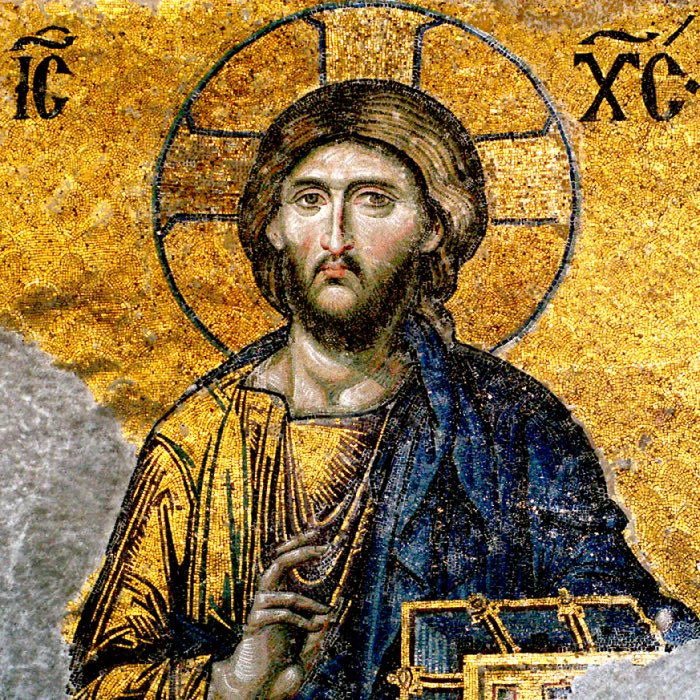



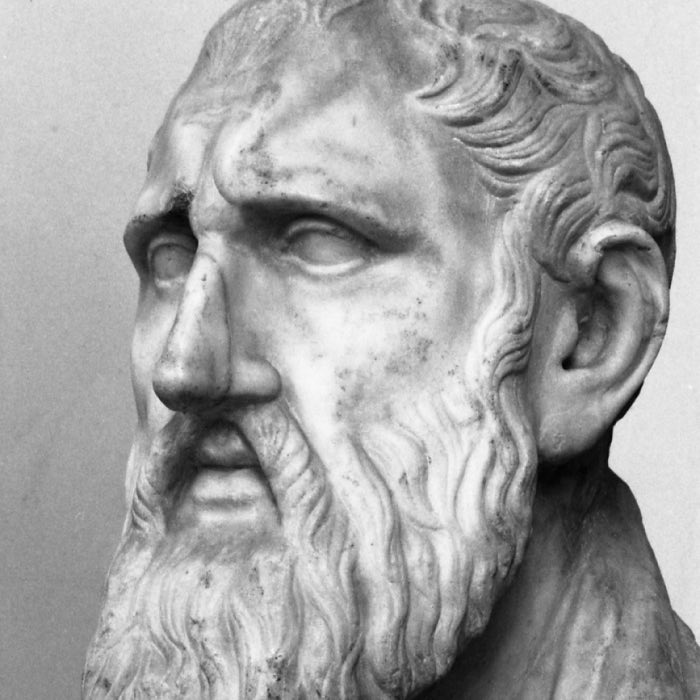
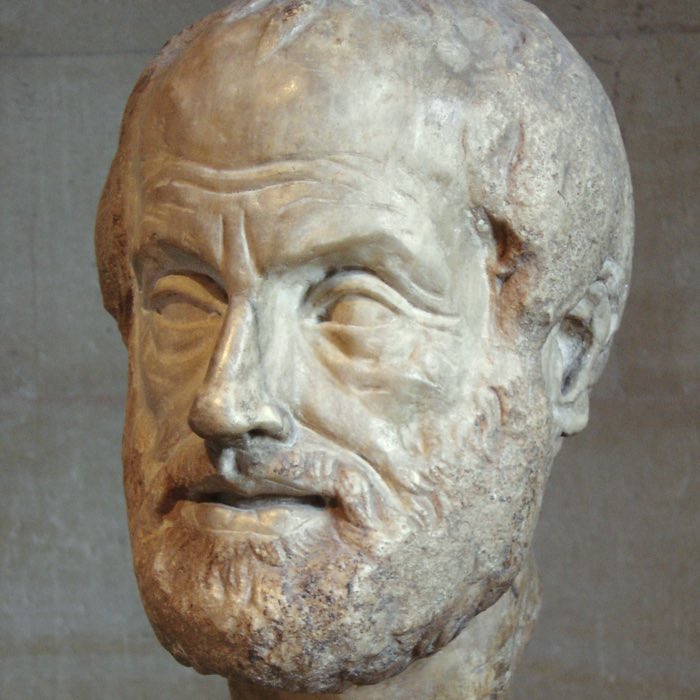
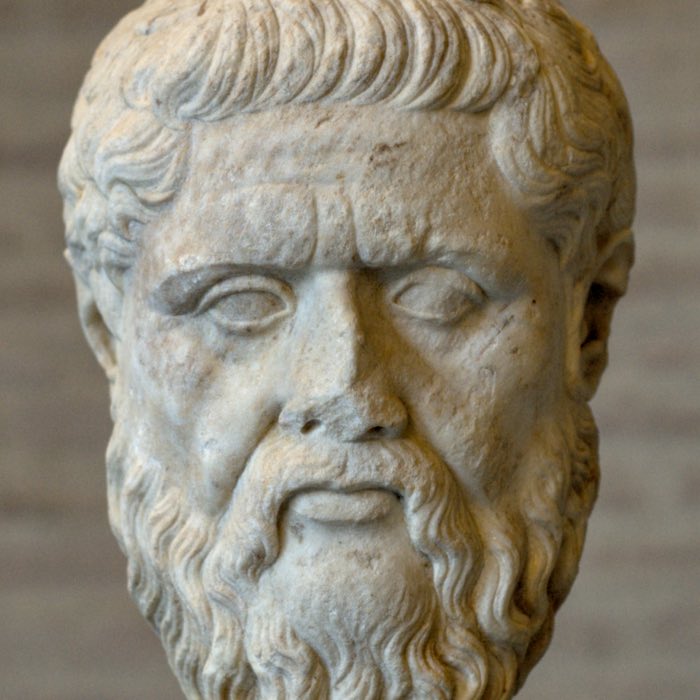
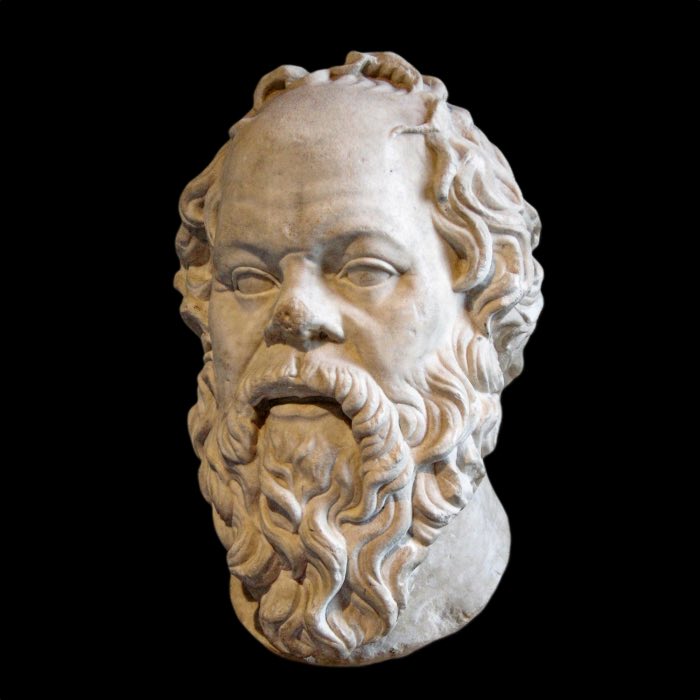
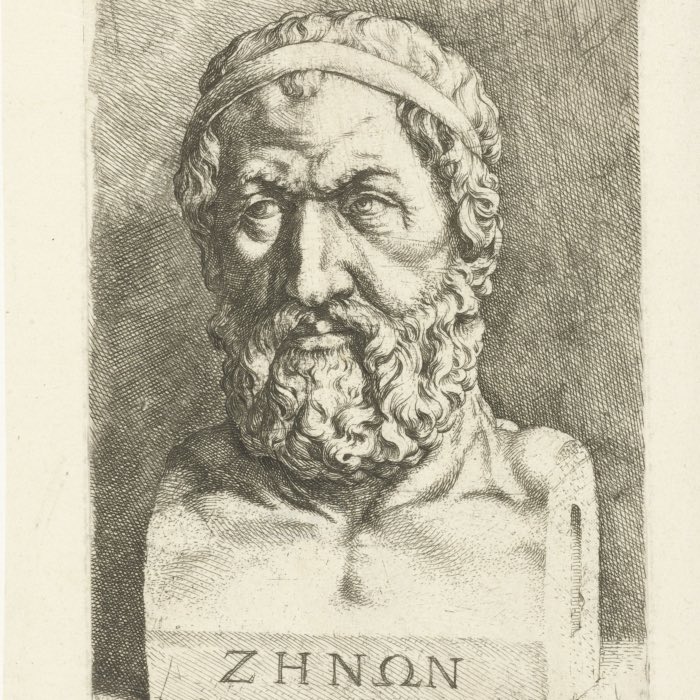
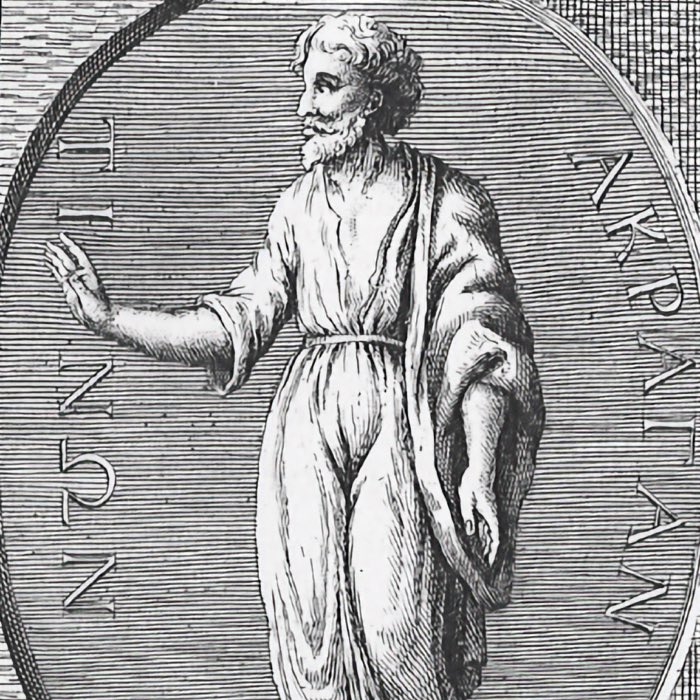
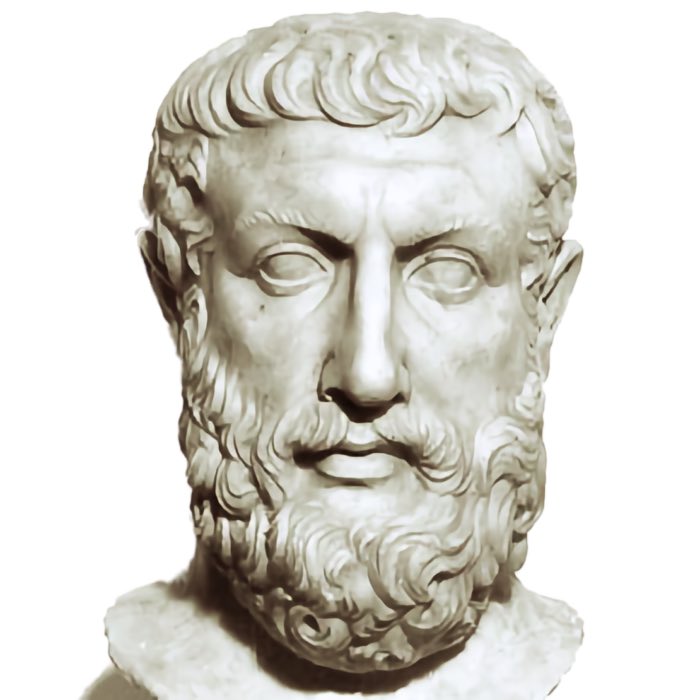
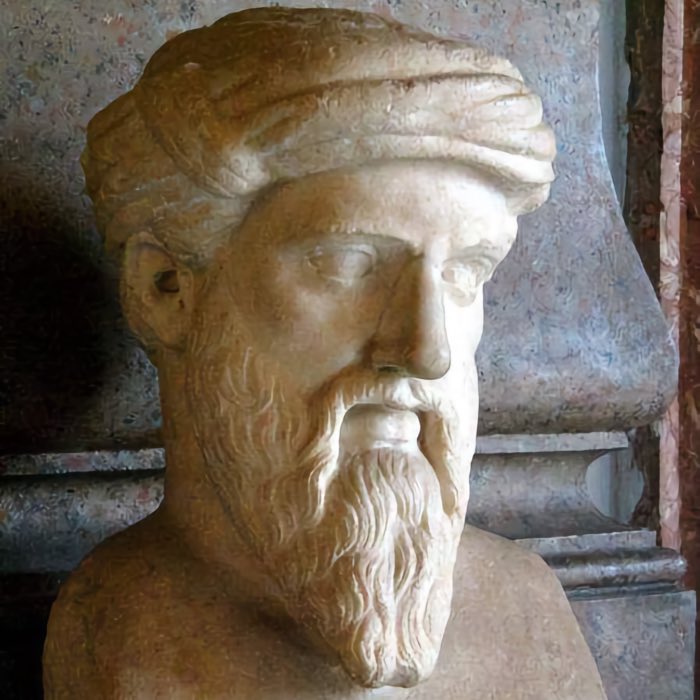
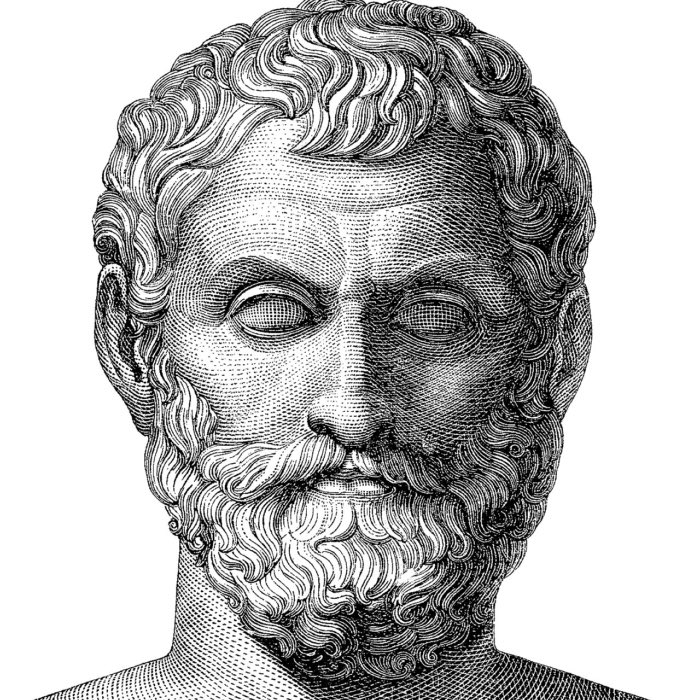
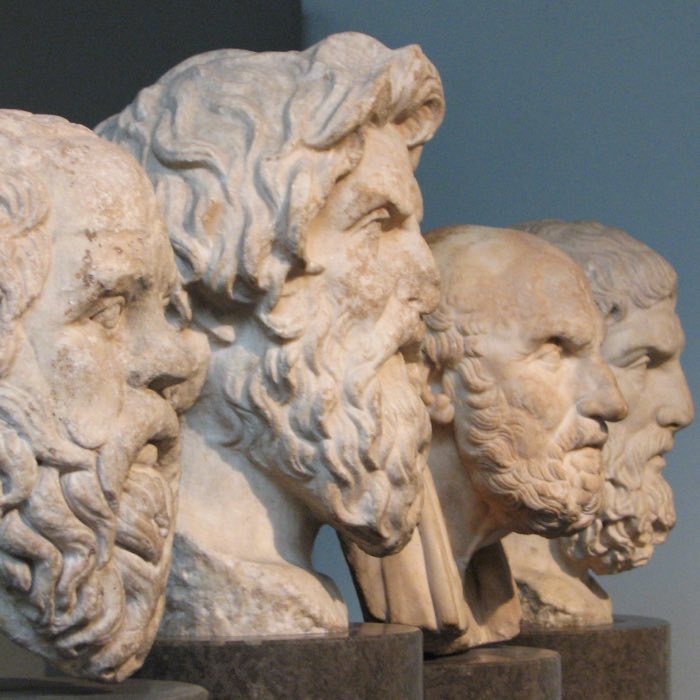





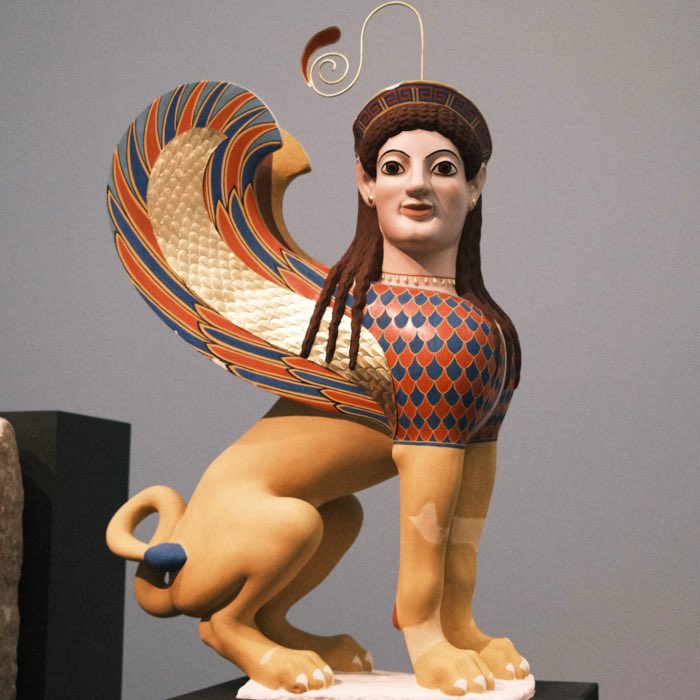


comments